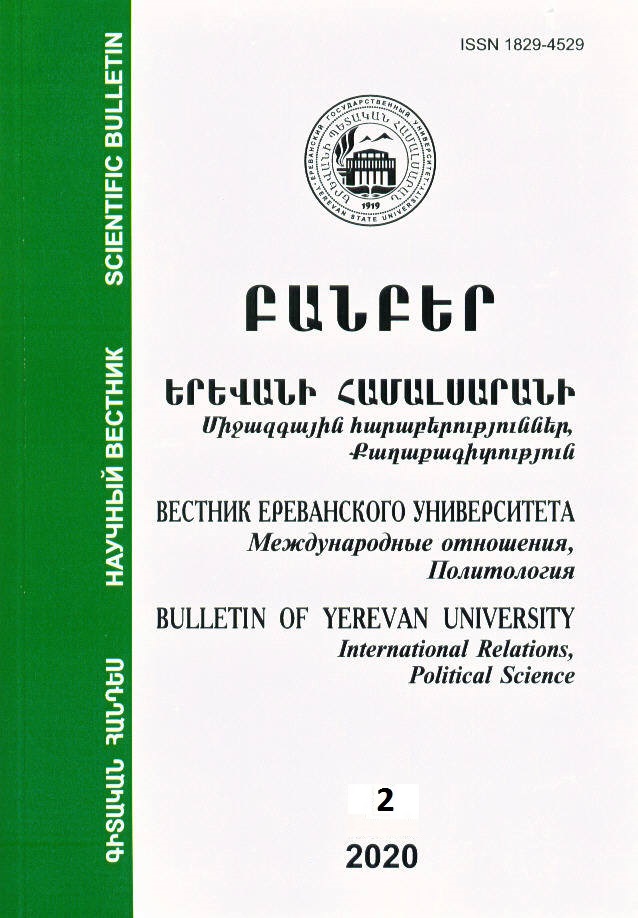The Syrian Conflict Resolution Processes in 2011- 2020
Keywords:
Syria, Bashar al-Assad, opposition, conflict resolution processesAbstract
In March 2011, rallies and demonstrations started in Syria, which later developed into an armed conflict and large-scale military operations between the Syrian government and opposition all over the country. With the gradual escalation of the conflict at the end of 2011, the Syrian government adopted a strategy of defending the western territories and regional centers, which were of strategic importance in Syria, and avoiding large-scale military operations in these areas. The situation in Syria changed dramatically at the end of 2015. It was due to Russia’s direct military assistance to the Syrian government.
The Syrian conflict has affected regional and extra-regional developments in the Middle East, paving the way for new realities, for the active engagement of a number of power centers in the Middle East and the processes of various formats aimed at a peaceful resolution of the conflict.
During the conflict (2011-2020) there were some results in the negotiation process (regulated by various international formats) of the crisis. Though they had mainly solved problems partially in certain parts of Syria, the importance of meetings in such formats cannot be underestimated. The peculiarity and global nature of the conflict provided no other solution than partial solutions to the Syrian crisis, which had an enormous impact and created opportunities for the views of the conflicting parties to be heard. The aforementioned resolution processes of the conflict allow us to assume that the parties involved in the conflict have shifted to a partial solution to the Syrian crisis. It presupposes a short-term solution or freezing of issues related to some areas of military-political and socio-economic importance, ensuring predictability of developments, after which it will be possible to get a comprehensive agreement on the Syrian conflict.
The Syrian conflict has long ceased to be a Middle Eastern regional reality, affecting global processes. Conflict resolution must have both regional and extra-regional dimensions, based on sensible and sincere approaches, which should prompt parties concerned with a quick resolution to the conflict to find the key to resolving the Syrian issue.

